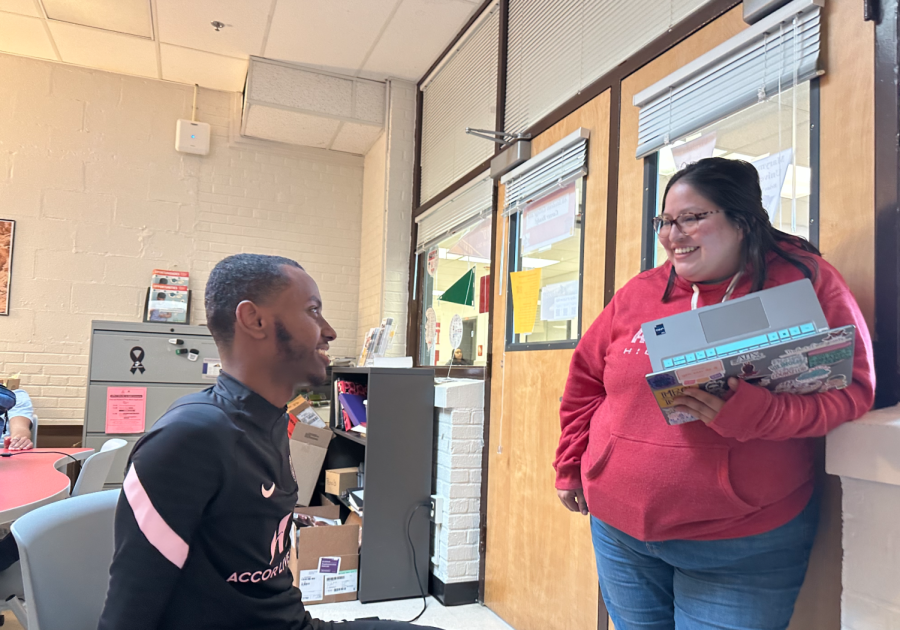On the lovey-dovey, pink and red, heart-filled celebration of Valentine’s Day, it is easy to get swept up in the mushy sentiments of other couples. A small quick kiss to your valentine seems harmless enough…that is until the following week when you cannot get out of bed, have swollen lymph nodes and your tonsils are covered in a thick layer of white and yellow mucus. That is right, the not-so-lovely disease known as mononucleosis, or ‘mono’ for short, can be spread through many different mediums, including kissing.
Adolescents between the ages of 15 to 17 are the most likely to contract this disease, which is spread through saliva. This fact contributed to mono’s catchy nickname, “the kissing disease” because locking lips with another person causes saliva to be transferred from one mouth to another. On average, a single kiss can transfer approximately three hundred different bacteria, though not all are harmful. Kissing is not the only way to contract this nasty disease. Sharing water bottles at sports practices or someone else’s soda at lunch can have the same effect.
“I specifically tell all of my swimmers to bring their own water bottles to practice everyday. I can’t afford for my entire swim team to be wiped out for the season with a three month illness,” said swim and dive coach, Neal Jarvis.
Many other coaches have expressed sentiments similar to this, however it does not impede students at AHS from contracting it anyways.
“I’ve had mono before,” said junior, Teppi Shultis, “and it was not a very pleasant experience. I was really tired for about a three-week period and even after I returned to school I still didn’t have my same energy levels back up. I’m not exactly sure how or who I got it from, but all I know is that it was not fun.”
After a person catches this disease, it is difficult to get rid of and can last for up to six months. According to webmd.com the main goal of doctors who treat patients with mono is to provide relief for their symptoms. Most forms of medication do not work, so they recommend tips on remaining comfortable while at home. Easy things such as drinking lots of fluids, sleeping an adequate amount every night and gargling warm salt water are simple ways to get quick relief.
One of the main reasons that mono is spread throughout schools is because students usually are not even aware that they have the disease, as symptoms generally do not begin to appear until a month after initial exposure.
“I didn’t even know that I had mono until about two weeks ago when I finally went to the doctors, but I’ve been sick for over a month” said senior Annika Jessen. “I swim every morning and I never get enough sleep, so I thought I was just tired from that. Then I had other symptoms like a sore throat, but I just thought it was a cold.”
Another student, sophomore Andrew Clarke, also recently discovered that he had mono after a visit to the doctors.
“Well, I’m not really sure how I got it, I just did.” he said. “I had a severe sore throat and constant headache which is why I got checked out in the first place. Also i didn’t have an appetite at all. At one point I coughed up blood which was really scary.”
The symptoms vary from person to person in severity, the worst possible outcome involving hospitalization. No students at AHS have ever experienced symptoms necessary of that kind of kind of treatment, but some admit that they have had a hand in spreading mono along to other people.
“I probably spread it to my boyfriend and one of my good friends without even knowing. I went to the doctor’s office about seven times this fall and they failed to catch it. With college applications and everything else going on senior year, I basically survived the fall on coffee.” said Jessen.
So, before swapping saliva with that special someone on February 14, be sure to check that they are not infected with “the kissing disease.”





